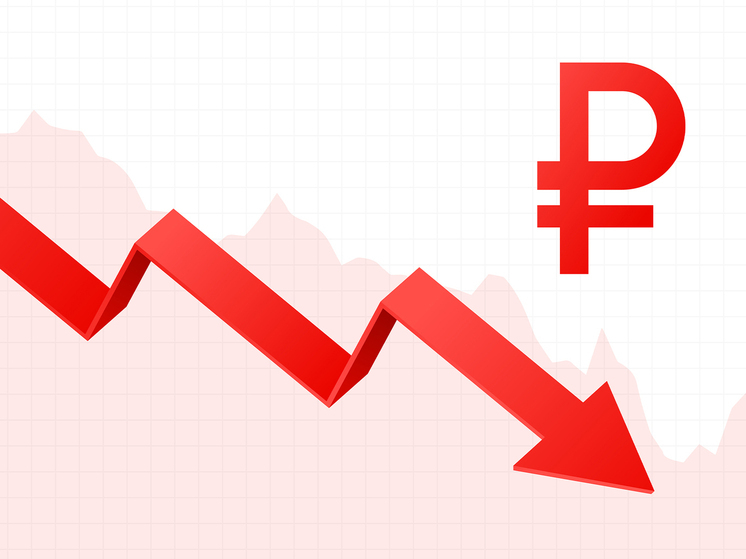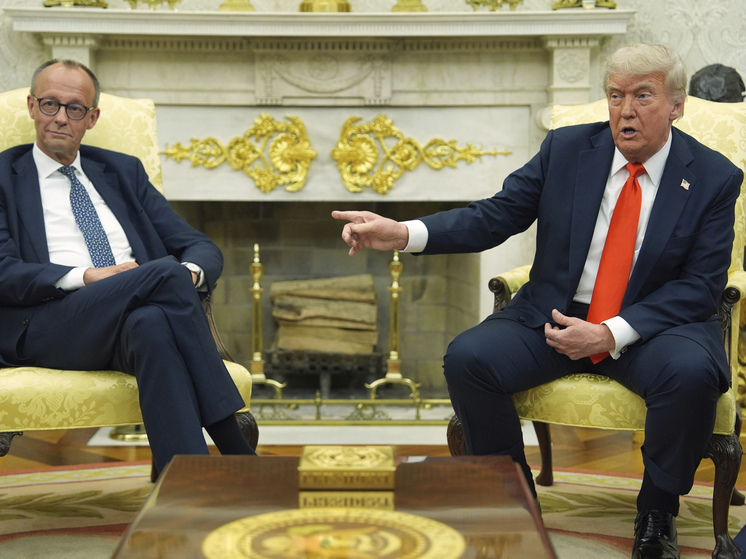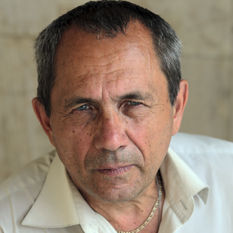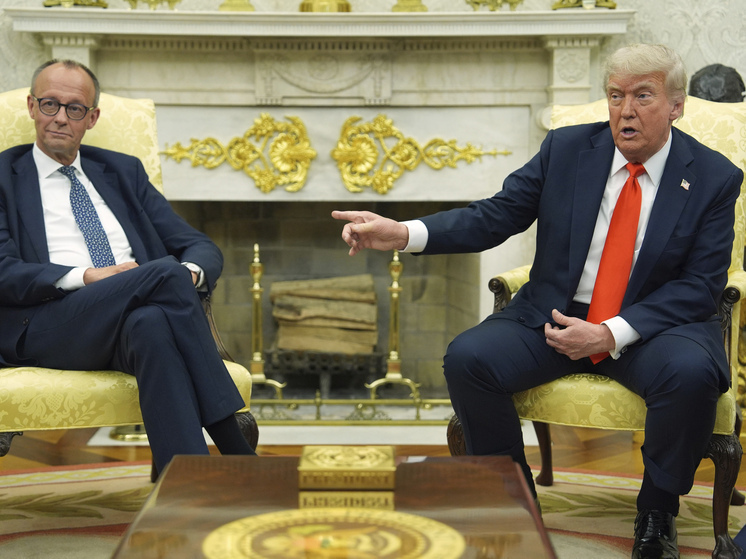Reduction of the key rate from 21 to 20%: what citizens and businesses can expect

At the meeting of the Board of Directors of the Central Bank on the key rate, the regulator reduced this indicator from 21 to 20%
It happened! On June 6, at a meeting of the Board of Directors of the Central Bank on the key rate, the regulator reduced this indicator from 21 to 20%. Some analysts are already calling the regulator's step an epochal event. The "key" has been at this level for 7 months in a row, since October 2024.
We asked economists: what to expect from the long-awaited reduction in the key rate?

test banner under the title image
Georgy Ostapkovich, Director of the Center for Market Research at the National Research University Higher School of Economics, calls the rate cut a logical step by the Central Bank, a signal to business:
- They say, get ready, friends, we have stopped raising the key rate, this is a turning point. Now we should prepare for investment, for innovative activity, review our strategic plans. And by the end of the year, the regulator will lower the "key" by another 2-3 points. This is the main meaning of the decision made on June 6.
- Will it become easier for businesses to operate with the reduction of the key rate?
- To tell the truth, a one percentage point decrease is neither cold nor hot. 20 or 21% does not make a difference, nothing will change. I believe that loans for producers will decrease a little. But this is a signal to soften their monetary policy.
- What should citizens expect? Will interest rates on deposits go down?
- They are already going down. Banks sensed this moment and began to reduce interest rates on deposits proactively. I think the average interest rate will be at 18-19% for now. But this is still a very high figure. Put money on a deposit and sleep peacefully.
Financial analyst and candidate of economic sciences Mikhail Belyaev believes that the Central Bank lowered the key rate under pressure from the business community:
- I suspect that he himself would not have decided to do this, since there are still no clear signs of a slowdown in inflation.
- How come not? And a signal to society about easing monetary policy?
- That's the point, I didn't hear it. I didn't hear that the regulator would change its doctrine. If any statements on this matter were received, they were with various reservations. The very fact of reducing the "key" by 1% will not affect the country's economy in any way. It's the same as getting scalded by boiling water or at a water temperature of 99 degrees.
- How can loans for producers be reduced now?
- It depends on which ones. For large enterprises it can be significant. Vladimir Putin recently stated that the government intends to lend to some companies at two percent.
Subsidies for small and medium businesses will also be reduced, but only slightly, perhaps by one to one and a half percent. Small businesses are considered more risky. As for consumer loans, even after the interest rate is reduced, they will still not be very attractive to the population.
- Everyone is concerned about interest rates on deposits. How will they be reduced?
- I think that for new contracts they will fall by two percent. But in any case, a sharp reduction in deposit rates is not to be expected.









